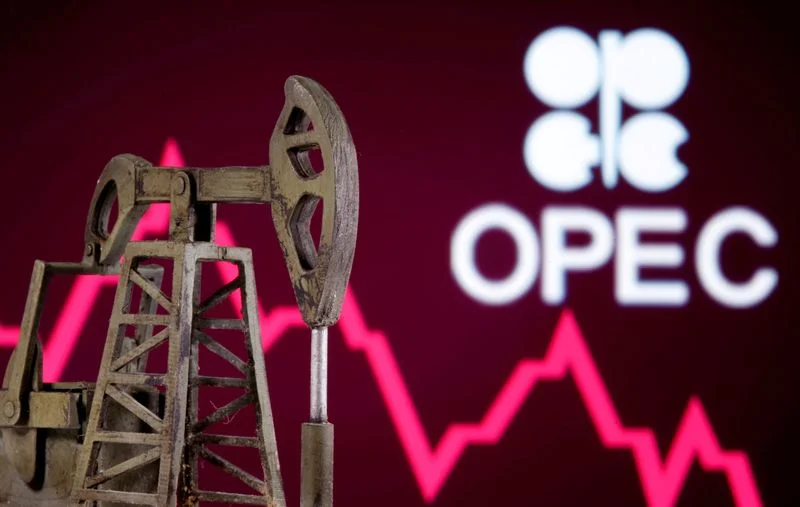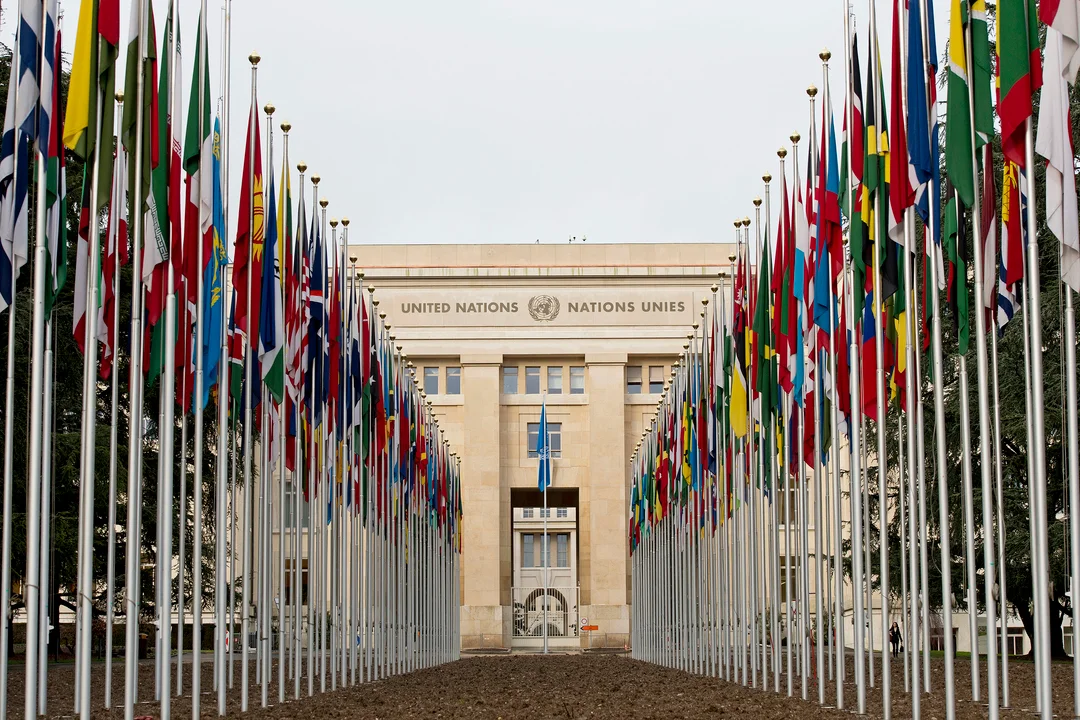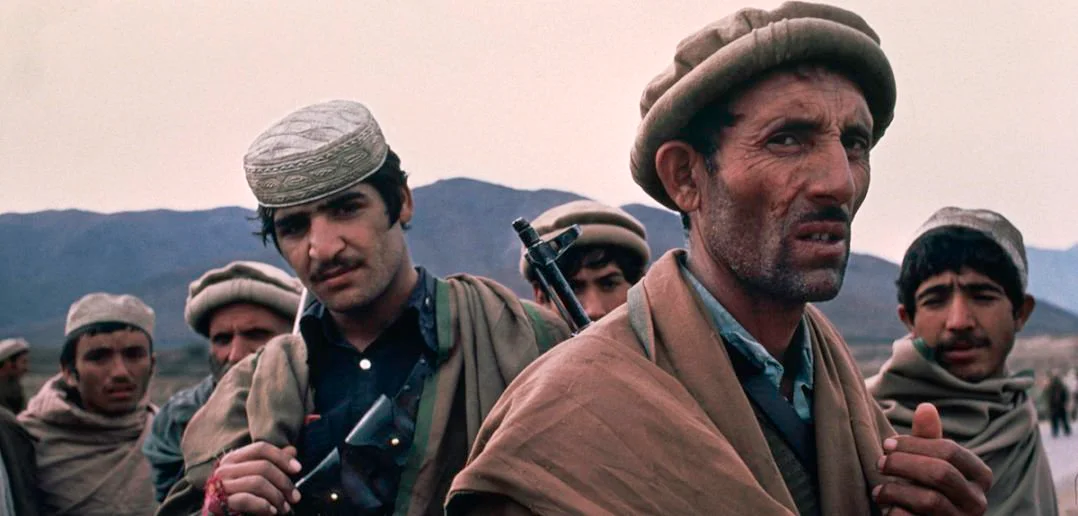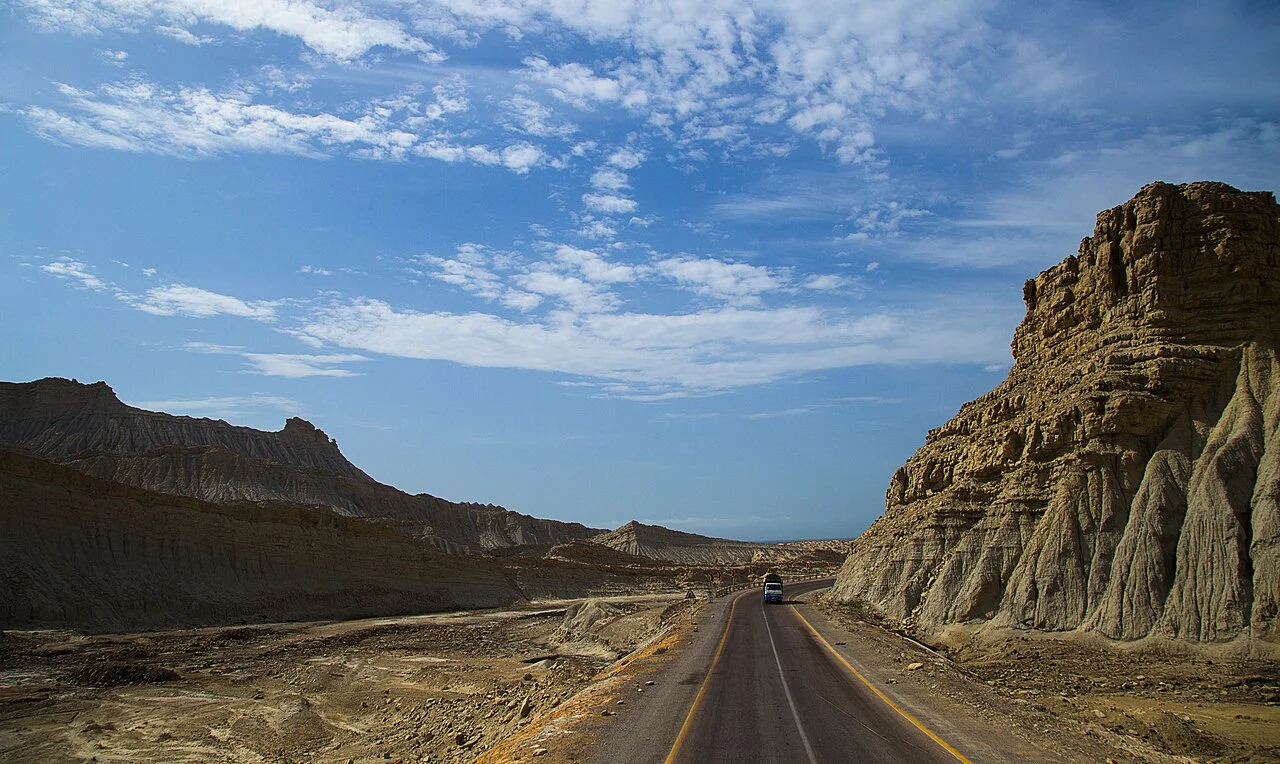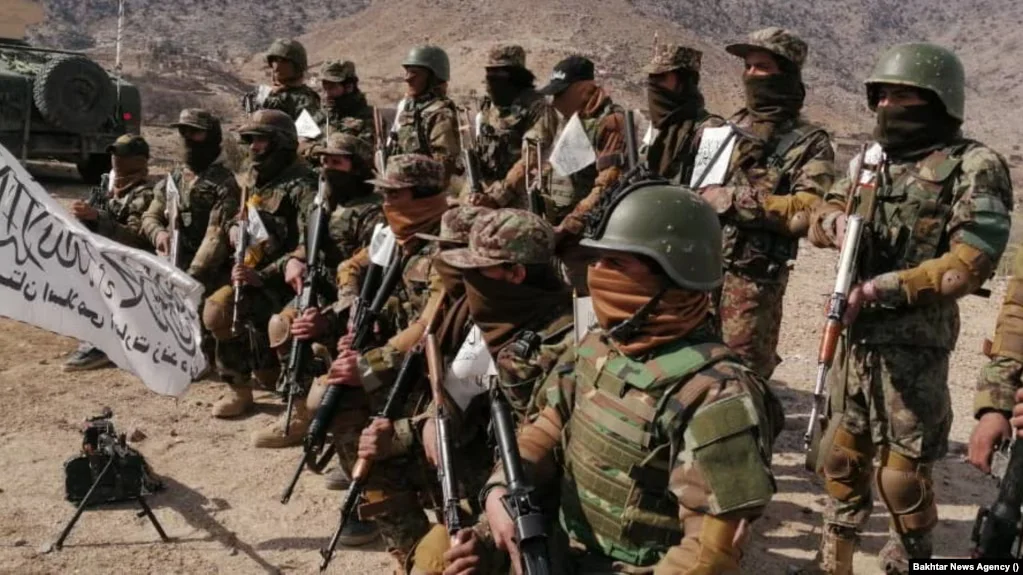Around the world, major stock markets have responded positively to the oil cuts agreed upon by
major OPEC and non-OPEC oil producers until late July. Countries like Nigeria and Iraq have
been asked to cut production by OPEC and other oil-producing countries, primarily led by
Russia, known as OPEC+. The organization, OPEC+ had planned to cut production by 9.7
barrels per day (BPD) by May and June and then from July till September the cut would be
reduced to 7.7 million (BPD).
All of these oil cuts have led to an increase in the benchmark stock index of Saudi Arabia,
which has witnessed an increase of 0.9%. The Saudi oil behemoth, Armarco, also witnessed a
rise of 0.8%.
Dubai also witnessed an increase in its index by 2.3%, which was primarily led by Dubai Islamic
bank as it rose by 5.4%, whereas Emaar Properties saw a gain of 3.1% in the same time frame as
well.
The first Abu Dhabi Bank increased by 2.4% which led an overall recovery for Abu Dhabi by
1.3%.
Moreover, Qatar, the shining bright light of the Middle East also witnessed a climb in their
index by 1.4%, with most of their components leaning towards a positive outlook. Qatar
Islamic Bank rose by 2.5% and the petrochemicals maker Industries Qatar was also up by 2.9%
All of these indicators are viewed positively by the market, however, their sustainability hinges
on the long term prospect of oil cut agreement between OPEC+ countries. Though up till now it
is not clear whether Saudi Arabia, Kuwait, and the United Arab Emirates would extend their
voluntary cuts beyond June, these cuts are approximately 1.18 million BPD, which are originally
not part of the deal.
Also See: The Bulls and Bears Of Oil Demand

